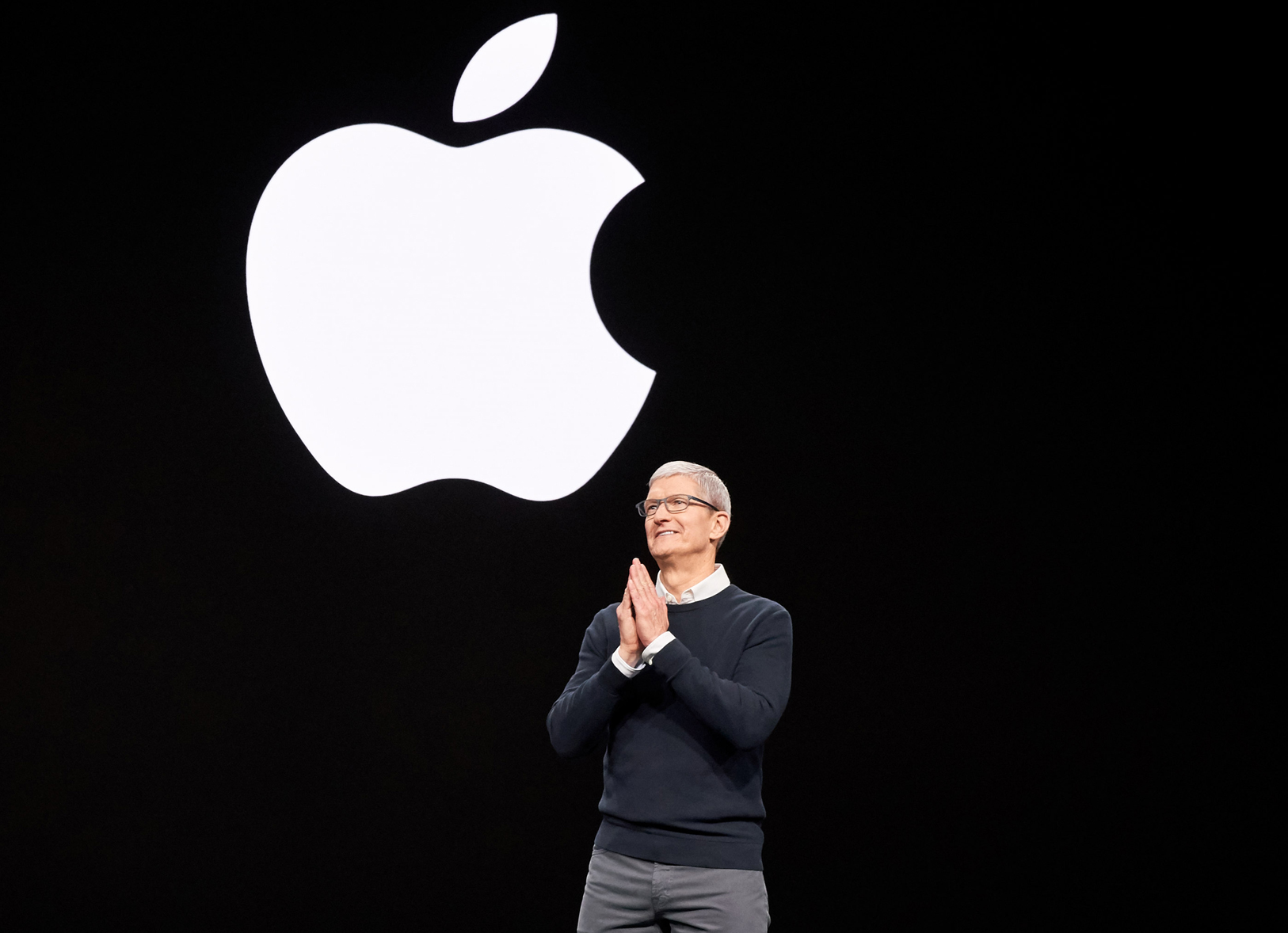Tim Cook Warns Sideloading Apps Will Hurt iPhone Security

During a rare interview, Apple’s Tim Cook warns EU that allowing the sideloading of apps by avoiding the App Store will hurt iPhone security
Apple’s Tim Cook has opened up about potential risks to iPhone security going forward, along with his thoughts about privacy, augmented reality, health, and future products.
Cook’s comments come during an interview, available here, with Guillaume Lacroix of the French digital media firm Brut.
Privacy reportedly was the main thrust of Cook’s comments during the interview and he said “we see it as a basic human right, a fundamental human right.”

Sideloading apps
“You can think of a world where privacy is not important, and the surveillance economy takes over and it becomes a world where everyone is worried that somebody else is watching them, and so they begin to do less, they begin to think less, and nobody wants to live in a world where that freedom of expression narrows,” Cook said.
But he then turned his thoughts away from the privacy arena and towards upcoming regulation. Cook made clear he was not happy with certain aspects of Europe’s Digital Markets Act (DMA) and Digital Services Act.
“As I look at the tech regulations that’s being discussed, I think there are good parts of it and then I think there are parts of it that are not in the best interests of the user,” he said. “The current DMA language that is being discussed would force sideloading on the iPhone.”
And he was clear about the implications this could have.
“That would destroy the security of the iPhone and a lot of the privacy initiatives that we’ve built into the App Store, where we have privacy nutrition labels and App Tracking Transparency… these things would not exist anymore,” Cook said during the interview.
“Android has 47 times more malware than iOS does,” Cook added. “It’s because we’ve designed iOS in such a way that there’s one app store and all of the apps are reviewed prior to going on the store. And so that keeps a lot of this malware stuff out of our ecosystem, and customers have told us very continuously how much they value that, and so we’re going to be standing up for the user in the discussions.”
Health potential
But aside from regulation and privacy, Cook also pointed to the areas where he sees the most potential going forward, namely augmented reality (AR) and the combination of health and technology.
Cook has previously made no secret of his pride in some of Apple’s life saving technology, such as that found in the Apple Watch.
Besides detecting heart attacks and falls for example, the Apple Watch has saved lives in other ways too.
In January this year a cyclist in Herefordshire, UK had a lucky escape when he was swept off his bike and into the flooded River Wye.
The man was swept a mile downstream, but managed to grab hold of a branch and used his Apple Watch to dial 999 and speak to fire control at the emergency services, who eventually rescued him.
AR impact
Cook also during the interview said he could see AR “as a technology that can enhance life in a broad way.”
As far back as 2017, Cook has been saying that augmented reality (AR) could have as much impact as the smartphone.
“We’ve been working on AR first with our phones and iPads, and later we’ll see where that goes in terms of products,” he said, suggesting new AR announcements could be on the way.
Apple car
A final bit of insight came when Cook was asked if Apple plans regarding a car.
“In terms of a car,” Cook said, “I’ve gotta keep secrets, and there always has to be something up our sleeve.”
Ever since 2015, Apple had been rumoured to be releasing an electric car sometime in 2019, with its so called Project Titan.
Rumours were strengthened in July 2015 when Tim Cook was in spotted in Leipzig, Germany, amid reports that Apple was to agree a partnership with BMW.
Apple was reportedly at the time going to use the BMW i3 vehicle as the basis for its long rumoured ‘Apple Car’.
Any partnership with a car maker would have solved the manufacturing issue, as it should be remembered that Apple doesn’t actually make its own devices.
In February this year Hyundai and Kia denied they having talks with Apple over self-driving cars.
And hopes of an Apple move into producing its own range of self-driving cars were dented in February 2019, when the firm laid off 190 staff from eight different Santa Clara County facilities near its Cupertino headquarters.
An Apple spokesman at the time confirmed that the staff reduction was from Apple self-driving car program.
Before those layoffs, there were thought to be 1,200 Apple staff working on Project Titan.